This is my definition of mental health: the ability to see and accept reality and react to it constructively.
In an earlier post, I wrote about a client letting herself have her feelings instead of telling herself how she should feel. The reason I try not to tell myself I should feel a certain way is that it doesn't work. If I feel sad, and then I tell myself I shouldn't feel sad, I end up feeling sad and guilty for feeling sad. The reason it doesn't work is that it puts my wish to feel not sad against the reality that I feel sad. And in the fight between what I want and reality, reality always wins.
Getting rid of shoulds about me is half the battle. The other half is getting rid of shoulds about the world. Here is one of my favorite Buddhist teachers, Pema Chodron talking about this concept:
I worked with a woman who had spent the last decade of her life wanting the father of her son (who she was no longer with) to be a better father. He was in and out of the boy's life and frequently broke dates to spend time with his son. Every time he stood up her son, this woman was shocked, angry, and hurt. This went on for literally the boy's whole life. "He should be a better father," she said, her body tight with her desire for it to be so.
"You are right," I said "he should, but he isn't."
I wanted her to accept the reality of who this man was because then she could choose how best to protect her son and herself from the disappointment of his failure to show up. That's the thing. Acceptance brings choice. He's a lousy father. Now what do I do.
Instead, her should kept her banging her head against the same wall of how he actually was: He should be this way. Bonk! He's not. Repeat.
Worse, because she could not accept that this man had failed in his responsibility to be a father, she somehow made it her fault. She beat herself up when he broke appointments, told herself that if she had been a better woman to him when they were together, things would be different.
As crazy and destructive as this was, there was a certain logic to it: things were not as she wanted them to be, so someone had to be to blame. She wasn't ready to blame him, so she blamed herself.
It was easier for her to attack herself than it was to accept the reality of who this guy was. As I write this, I realize I don't know why this was so hard for her. Of course, accepting that your son is not going to have the father you want him to have is crushing, but I suspect there was a shadow from her past making it even harder to face this reality.
It was short-term work, and we did not have the time to go deeper. Try as I might, I don't think I ever got her to loosen the grip of her passionate desire for him to be different. On one level, she knew he wasn't going to be the father she wanted him to be, but on another level, she kept hoping, hoping. Letting go is not easy.
